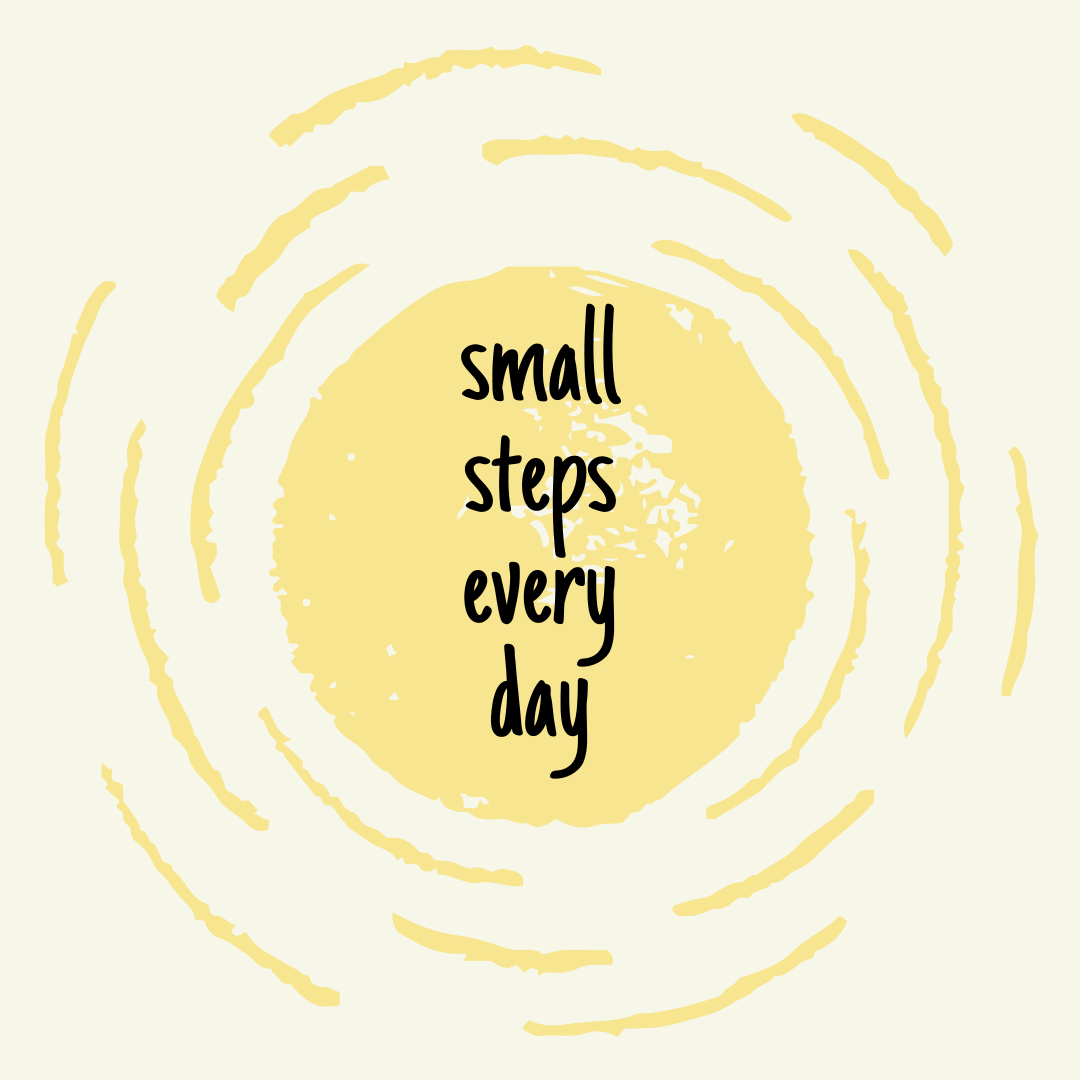Explanation of Zero Waste Lifestyle: Zero waste is a lifestyle philosophy focused on minimizing waste generation and maximizing resource efficiency. It follows the principles of "reduce, reuse, recycle" to limit the amount of waste sent to landfills or incinerators.
Practical Tips for Reducing Waste at Home:
-
Kitchen:
- Use reusable containers for food storage instead of disposable plastic bags or wraps.
- Buy items in bulk to reduce packaging waste.
- Compost food scraps to divert organic waste from landfills.
-
Bathroom:
- Switch to bar soap, shampoo, and conditioner to eliminate plastic bottles.
- Use reusable cloth wipes or cotton pads instead of disposable wipes or cotton balls.
- Opt for bamboo toothbrushes and refillable dental floss to reduce plastic waste.
-
General Household:
- Repair and repurpose items instead of throwing them away.
- Donate or sell unwanted items rather than discarding them.
- Embrace a minimalist lifestyle by purchasing only what you need and avoiding unnecessary consumption.
Ideas for Reducing Single-Use Plastic Usage:
-
Straws:
- Use stainless steel, glass, or bamboo straws instead of plastic ones.
- Skip the straw altogether when dining out if possible.
-
Bags:
- Carry a reusable shopping bag or tote when grocery shopping or running errands.
- Keep a foldable reusable bag in your purse or backpack for unexpected purchases.
-
Packaging:
- Choose products with minimal or compostable packaging.
- Shop at bulk stores and bring your own containers to refill items like grains, nuts, and spices.
How to Compost Effectively: Starting a compost system at home is a great way to divert organic waste from landfills and create nutrient-rich soil for your garden. Here's how to get started:
- Choose a Compost Bin: Select a suitable compost bin or designate an area in your backyard for composting.
- Collect Organic Waste: Collect fruit and vegetable scraps, coffee grounds, eggshells, and yard waste like leaves and grass clippings.
- Layer Materials: Alternate layers of green materials (e.g., food scraps) with brown materials (e.g., leaves, newspaper) to maintain a balanced compost pile.
- Monitor Moisture and Aeration: Keep the compost pile moist but not waterlogged, and aerate it regularly by turning the pile with a pitchfork or compost aerator.
- Patience and Persistence: Composting takes time, so be patient and continue adding organic waste to the pile. With time and proper care, you'll soon have nutrient-rich compost to enhance your garden soil.
By adopting these practices and making conscious choices to reduce waste in our daily lives, we can make a significant impact on the environment and work towards a more sustainable future.

